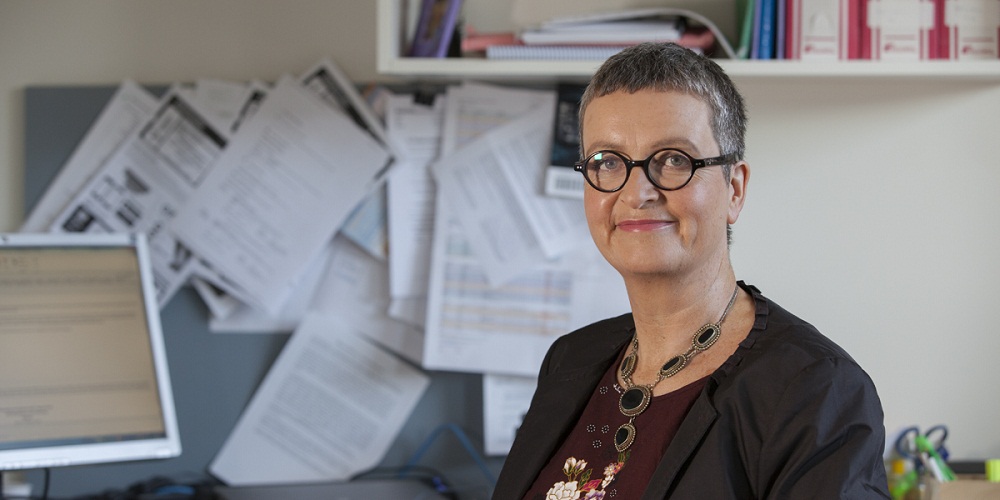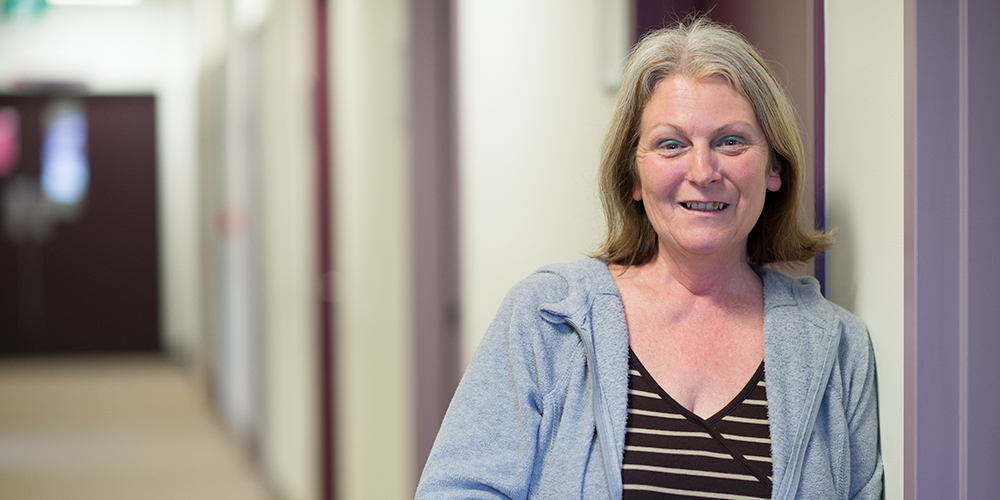
Australia’s largest menopause clinic is increasingly using non-pharmacological treatments to alleviate the symptoms of menopause.
On World Menopause Day today, the Royal Women’s Hospital’s Menopause Clinic is highlighting the new options available for women with troublesome menopausal symptoms who are avoiding hormonal therapies.
“Hormone therapy is very effective for menopause symptoms but there are many newer options, including psychological treatments such as cognitive behavioural therapy (CBT) which can also be effective,” said Professor Martha Hickey, the head of the Royal Women’s Hospital Menopause Services.
“We are leading the way in offering CBT and other non-pharmacological treatments for menopausal symptoms.” Research shows that CBT substantially reduces the impact of symptoms and also improves sleep and mood.
Up to 40 per cent of menopausal women experience hot flushes at menopause that affect the quality of their life. Other symptoms can include disrupted sleep, low mood, vaginal dryness and reduced libido.
“There is a lot of information on the internet about treatments for menopause, but many of these are not supported by high quality research. We are keen to provide evidence-based information to women to help guide treatment choices,” Professor Hickey said.
“Our team is leading the world’s biggest study of surgical menopause – due to the removal of the ovaries before natural menopause. This will help us to provide evidence-based care for these women, including those who are undergoing surgery to reduce their risk of ovarian cancer.”
Actresses Angelina Jolie and Christina Applegate have both had their ovaries removed to reduce their risk of ovarian cancer because they are at high risk of this disease. For younger women, removing the ovaries brings on rapid menopause.
Effective non-hormonal therapies include:
- CBT (reduces symptom frequency and severity on average by 50 per cent)
- Hypnosis
- Some antidepressants
- Gabapentin, a medication used for chronic pain
- Vaginal estrogen for vaginal dryness
- Silicone-based vaginal lubricants. Our research has shown that silicone-based lubricants are superior to water-based lubricants for reducing pain during intercourse
- Lifestyle changes such as exercise and relaxation can improve general health although they may not directly improve hot flushes.

Most over the counter medications that claim to reduce hot flushes have not been tested in clinical trials. Many women find it helpful to dress in layers and have access to cool water. Some find acupuncture helpful, but current research suggests that this is mainly a placebo effect.
Women experiencing menopausal symptoms are encourage to speak to their GP or a specialist about potential ways of reducing or managing menopausal symptoms.
Background
The women’s is the only service to offer multidisciplinary care, with input from gynaecologists, endocrinologists, sex therapists and general practitioners specialising in women’s health. Other services include clinical psychology, dietician and physiotherapy. Care is holistic to support women around all aspects of their physical and emotional health
More information on: Managing menopause
Read related content from the Women's
-
 Managing menopause symptoms after cancer
Managing menopause symptoms after cancer“Women who come to us are thankful to be able to sit and talk about something that is not widely discussed".
Learn more -
About menopause
Menopause is a natural event for women. In the lead-up to menopause, your ovaries may not produce an egg each month which means changes in the hormone circulating in your body. Menopause may occur naturally or as the result of cancer therapies or surgery.
Learn more